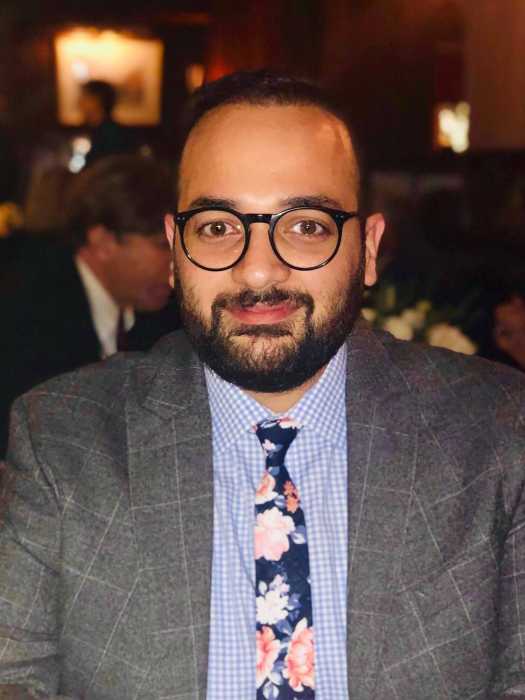The global push to recognize the rights of LGBTQ couples continued in separate parts of the world this month when the Dutch Supreme Court ordered the legalization of marriage equality in the Caribbean-based constituent countries of Aruba and Curaçao, while South Korea’s Supreme Court ruled in favor of health insurance coverage for same-sex couples.
The Dutch Supreme Court’s ruling affirmed a previous decision by the Joint Court of Justice of Aruba, Curaçao, Sint Maarten, and of Bonaire, Sint Eustatius, and Saba. In December of 2022, that court ruled that marriages between same-sex couples must be permitted in Aruba and Curaçao — and although Aruba and Curaçao subsequently appealed the decision, the Supreme Court rejected the appeal, according to the Curaçao Chronicle.
Prior to the latest ruling, the governments of Aruba and Curaçao were already required to recognize marriages performed in the Netherlands as part of a national Dutch policy stipulating that same-sex marriages must be recognized across the Kingdom of the Netherlands. Now, though, LGBTQ marriages can be performed in Aruba and Curaçao. LGBTQ couples have been able to get married since 2012 in Bonaire, which is labeled as a special municipality of the Netherlands.
Fundacion Orguyo Aruba, a non-profit organization in Aruba, initially brought the case forward along with Human Rights Caribbean Foundation, a charity in Curaçao.
“Today we stand at a historic point for LGBTQ+ rights, not only for Aruba and Curaçao but for justice and equality everywhere,” Fundacion Orguyo Aruba said in a written statement. “Our journey toward equality began in 2019, driven by the belief that love and commitment should have no limitations or prejudice.”
While the group voiced criticism of lawmakers who failed to advance marriage equality through legislative means, it also expressed gratitude that “the right to equality has prevailed, and that the courts have recognized that discrimination based on sexual preference is unconstitutional.”
“This historic decision by the Supreme Court is a testament to the progress we can achieve when we unite in the face of adversity,” the group added.
Meanwhile, in South Korea, advocates are hailing their own country’s Supreme Court ruling that they believe could lead to further progress in the national fight for marriage equality.
South Korea’s Supreme Court determined that refusing national health insurance dependent coverage to same-sex couples simply because of their sex amounts to discrimination infringing on the citizens’ “dignity and values, their rights to pursue happiness, their freedom of privacy and their rights to be equally treated by the law.”
The case first emerged in 2021 when plaintiff So Seong-wook issued a complaint seeking to register in the health insurance system as his partner’s dependent because they believed their relationship should have been treated like a common-law marriage.
Those hopes, however, were dashed when South Korea’s health insurance program rejected Seong-wook’s request and directed him to pay a monthly insurance premium. After a district court affirmed that decision, an appeals court overruled the lower court in 2023, saying that the couple qualified for the health insurance coverage even though they were not in a common-law marriage.
Amnesty International, which submitted an amicus brief to the Supreme Court in February, hailed the decision as “a historic victory for equality and human rights in South Korea.”
“While this decision is a major milestone, the case itself is a sobering reminder of the lengthy judicial processes that same-sex couples must endure to secure basic rights that should be universally guaranteed,” Amnesty International’s East Asia researcher, Boram Jang, said in a written statement. “It is disheartening that in 2024, same-sex couples still face such significant barriers to equality. “South Korea should continue to embrace equality, diversity and inclusiveness to ensure that every LGBTI individual can enjoy equal access to healthcare and social security benefits in the country.”

































